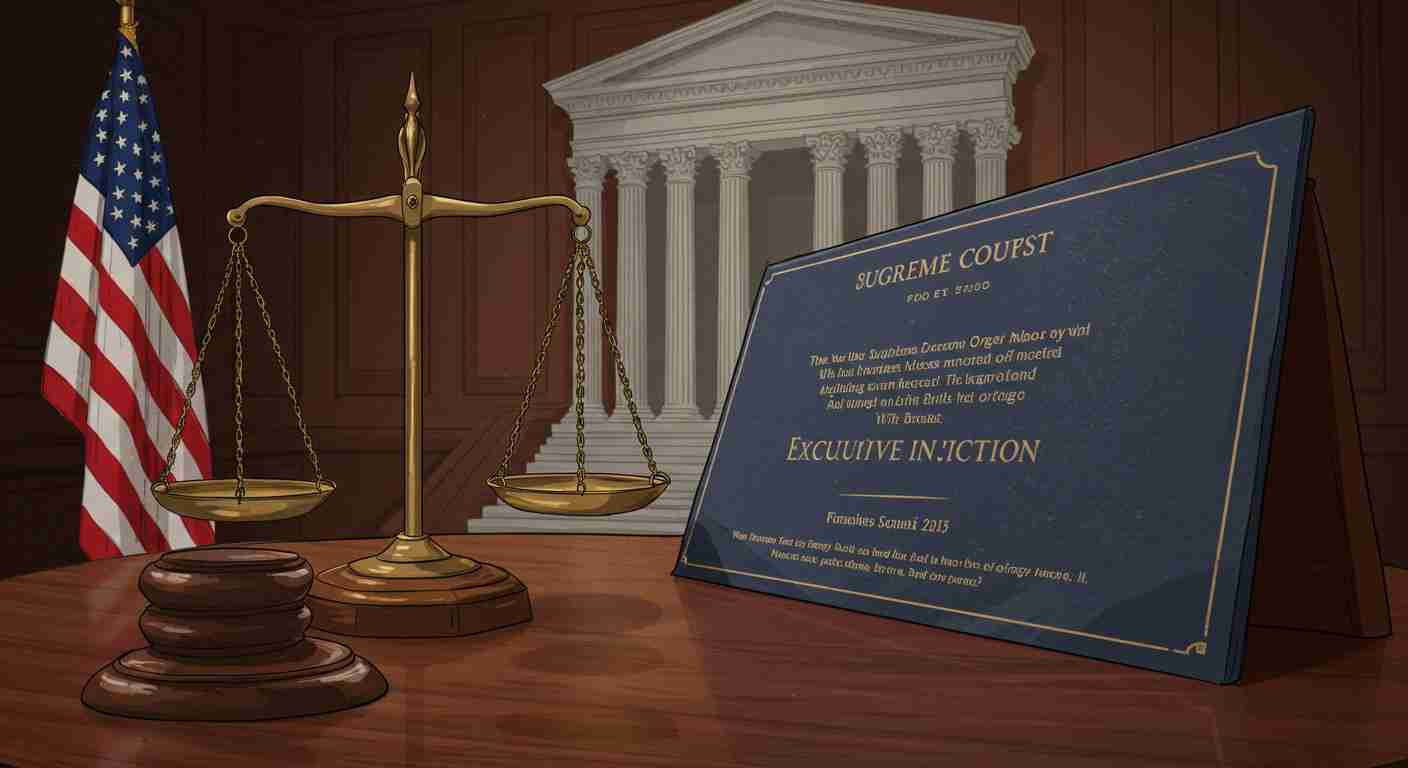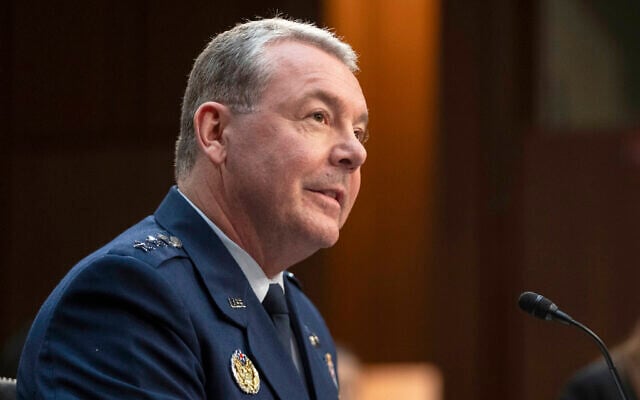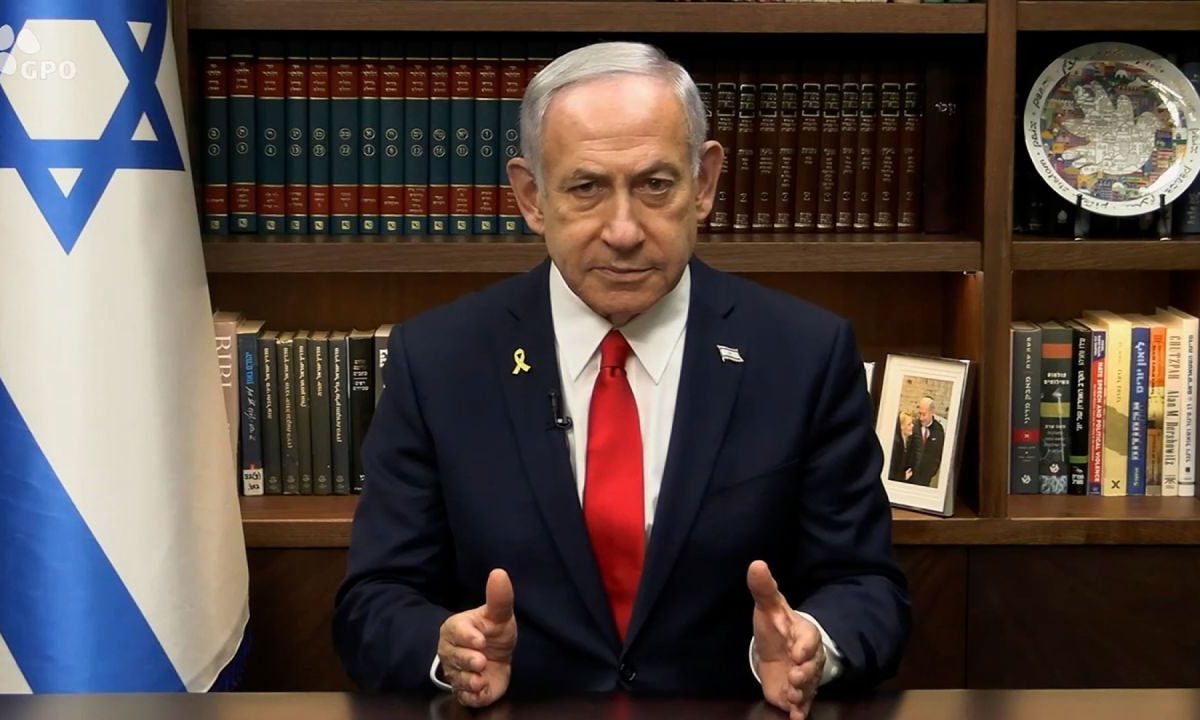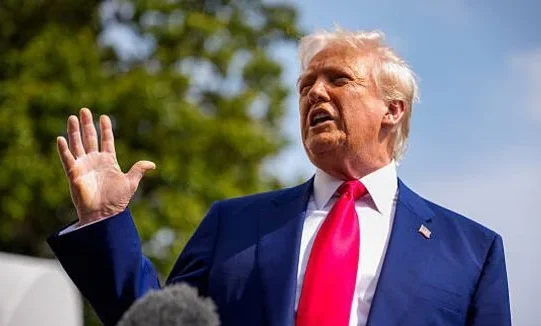
US Supreme Court Limits Federal Judges’ Nationwide Injunction Powers in Landmark Ruling
- World News
- June 27, 2025
- No Comment
Report by “Safarti Tarjuman” International News Desk
WASHINGTON — In a landmark decision on Friday, the US Supreme Court curbed the authority of federal judges to issue nationwide injunctions, a move that could partially advance former President Donald Trump’s push to end birthright citizenship.
The 6–3 ruling marks a profound change in how lower federal courts can check presidential power. Previously, any federal district judge could halt a presidential policy nationwide. Under this new precedent, however, such orders will only apply to the specific plaintiffs in each case — for instance, a group of states or non-profit organizations bringing legal action.
The case arose after Trump signed an executive order seeking to deny citizenship to children born on US soil to undocumented parents, challenging the 14th Amendment’s guarantee of citizenship to all persons born or naturalized in the country.
Although the Supreme Court did not rule directly on whether Trump’s executive order is constitutional, the court’s conservative majority agreed to partially stay lower-court injunctions, restricting their scope. Justice Amy Coney Barrett, writing for the majority, argued that universal injunctions “likely exceed the equitable authority that Congress has granted to federal courts.”
The ruling means Trump’s order cannot take effect immediately and is delayed for at least 30 days, while lower courts review challenges from specific plaintiffs.
Trump celebrated the decision as a victory against what he called judicial “overreach,” stating: “Thanks to this decision, we can now proceed with policies that have been wrongly blocked across the country.”
Immigrant rights groups and legal advocates, meanwhile, scrambled to adjust their strategy. Groups like Casa and the Asylum Seeker Advocacy Project (ASAP) immediately asked a federal judge in Maryland for an emergency block on Trump’s birthright citizenship order. They have also refiled their broader challenge as a class-action suit, seeking protection for all pregnant people or children of undocumented parents regardless of location.
George Escobar of Casa said: “These are frightening times, but we will keep fighting. We have shown we can win when we fight.”
Liberal justices sharply dissented. Justice Ketanji Brown Jackson argued that restricting nationwide relief would let unconstitutional policies harm people who lack the resources or standing to sue.
“This decision poses an existential threat to the rule of law,” Jackson wrote, warning that only wealthier or better-connected plaintiffs would be protected.
Birthright citizenship has been settled doctrine since 1898, when the Supreme Court ruled in favor of Wong Kim Ark, granting citizenship to a child born in San Francisco to Chinese immigrants. The 14th Amendment itself was ratified after the Civil War to guarantee citizenship to children born on US soil, regardless of race or status.
The Supreme Court’s decision leaves Trump’s executive order in legal limbo, while immigrant families continue to worry. One plaintiff, a Russian national whose baby was born in the US, voiced fears that their child’s citizenship could still be revoked in the future.
“I have worried a lot about whether the government could try to take away our baby’s citizenship,” she told reporters.
The American Civil Liberties Union (ACLU) strongly criticized the ruling, calling Trump’s order “blatantly illegal and cruel” and promising to continue fighting it.
Democratic state attorneys general said birthright citizenship remains intact for now, promising continued legal challenges.
The legal battle, observers say, is far from over as immigrant rights organizations and progressive lawmakers prepare for the next round of challenges in the courts.
Thank you for reading! For comprehensive news coverage and exclusive stories, visit SafartiTarjuman.com







